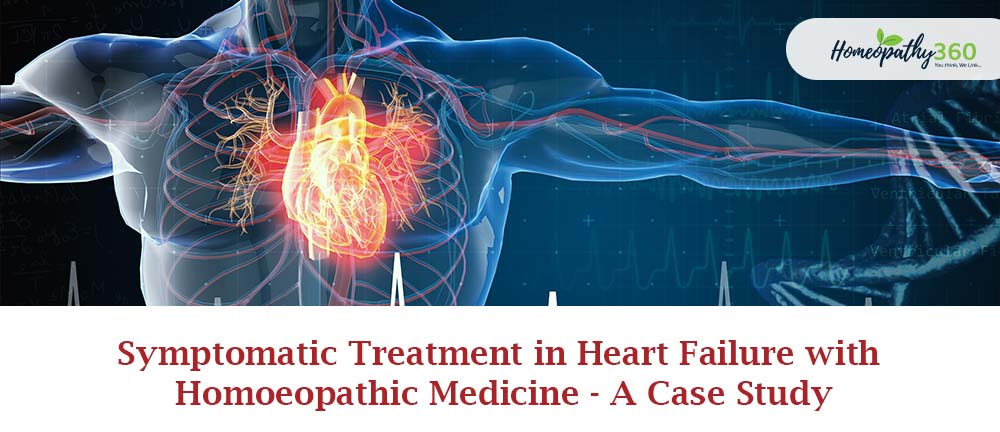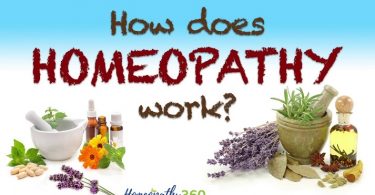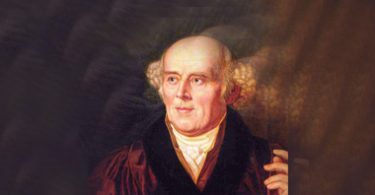
ABSTRACT: The main aim of this article is to understand the efficacy of Homoeopathic medicines in the management of patients with heart failure and improve their quality of life.
Keywords: Symptom, syndrome, Dyspnoea, oedema, Systemic, PND, Orthopnoea, Anorexia
INTRODUCTION
The nature of energy is dynamic, and this dynamis penetrates every particle, every cell, and every atom of the human economy. Any disturbance of this vital energy or force results in a disfigured or disturbed development of the whole human economy.1 Heart failure is a syndrome of ventricular dysfunction. HF affects about 5 million people in us. More than 500,000 new cases occur in each year2. As Dr Hahnemann says, the totality of symptoms is the outwardly reflected picture of the internal essence of the disease. Whereby the disease can make known what remedy it requires.3
Pathophysiology
In HF the heart may not be provided tissues with adequate blood for metabolic needs and cardiac-related elevation of pulmonary or systemic venous pressure may result in organ congestion. This condition can result from abnormalities of systolic or diastolic function. or commonly both.
Systolic dysfunction: In systolic dysfunction, the ventricle contract poorly and empties inadequately.
Diastolic dysfunction: Ventricular filling is impaired. Resulting in reduced ventricular–end–diastolic volume.
LVF: It is due to LV dysfunction. CO decreases and pulmonary capillary pressure increases. When pulmonary capillary pressure exceeds the oncotic pressure of plasma protein . So fluid extravasates from the capillaries into the interstitial space and alveoli which leads to pulmonary oedema causing dyspnoea.
RVF: Failure due to RV dysfunction. Systemic venous pressure increases causing fluid extravasation and consequent oedema primarily independent tissue.2
Signs and symptoms
Dyspnoea – Exertional
Fatigue
If HF worsens dyspnoea can occur during rest and at night also
Nocturnal cough
Orthopnoea – In advanced HF
PND, Ankle swelling, the fullness of the abdomen and neck
Right upper quadrant abdominal discomfort
Anorexia and abdominal bloating
Diagnosis
Clinical evaluation
Chest –Xray
Echocardiography, ECG 2
CASE STUDY
The patient named Mr AF 66 yr old male came with the complaint of breathlessness, cough and chest pain for 5 yrs increased since 1 month
| Location | Sensation | Modality | Accompaniment |
| Respiratory system Since 5 yrs Increased since 1 month chest | Breathlessness++ Cough with whitish expectoration pain | < lying down++ < night++ < exertion ++ < walking > sitting upright | Debility Swelling of legs |
HISTORY OF CHIEF COMPLAINT
The patient is k/c/o DM for 20 years and hypertensive for 2 years. 5 years back patient developed a complaint of breathlessness for a considerable period of time .Then started coughing with frothy expectoration, followed by chest pain. The breathlessness is more during the night, lying down and exertion and better by sitting upright. Gradually he developed swelling in the b/l legs and pain which limited his walking ability to a great extent
There is no history of syncope, radiation of pain to arms, hemoptysis, and palpitations.
PAST HISTORY
Past medical history: Malaria
Past surgical history: Surgery done following RTA
Past treatment history: Allopathic medication after an accident
Allergic history: Not allergic to drugs, dust, and diet.
PERSONAL HISTORY
Diet: Mixed
Appetite: Decreased
Thirst: Thirsty
Bowel: once/week
Bladder: 3-4t/D 1t/N
Thermals: Hot patient
Perspiration: generalized
Sleep: disturbed at night
GENERAL PHYSICAL EXAMINATION
Well-oriented with time, place, and person
Well Built and well nourished
No signs of Pallor, Cyanosis, Clubbing, Icterous, Lymphadenopathy
B/L pitting pedal oedema present up to the knee with blackish discolouration.
Vitals: RR-22bpm, PR- 78bpm, BP- 150/80mmhg, Temp: Afebrile
SYSTEMIC EXAMINATIONS
Chest and precordium
Inspection:
No scar mark, visible pulsation
Chest is b/l symmetrical
Type of respiration: Abdomino – thoracic respiration
Palpation:
No tenderness
Tactile vocal fremitus: felt b/l lung field
Chest expansion: < 1cm
Transverse diameter:
Inspiration -12.5 inch
Expiration- 12 inch
AP diameter :Inspiration-7.7 inch Expiration-7.5 inch
Apex beat: a palpable, minimal shift towards the mid-axial line
Percussion: Resonant heard bilaterally
Cardiac dullness from 2nd to 5th ics
Liver dullness: 5th to 8th ics
Auscultation: Crepitation heard on left side infra clavicular and supra mammary region
| Congestive cardiac failure | Bronchial asthma |
| Breathlessness Cough Chest pain PND Orthopneoa b/l pedal edema | Breathlessness Cough PND R/o Orthopneoa ,chest pain, b/l pedal edema are prominent in this pt so Bronchial asthma is ruled out |
SECTOR TOTALITY
Breathlessness ++
< lying down++
Chest pain +
< night++
< exertion++
< walking
> Sitting upright
Cough with whitish expectoration
Weakness
Swelling in the legs
Considering the pathological state and symptom similarity medicine selected was Strophanthus hispidus.4
Prescription
1. Strophanthus Q 5o– 0 – 5o
For 2 week
FOLLOW UP CRITERIA
1. Breathlessness < night
< lying down, < exertion
2. Cough with scanty whitish expectoration
3. Chest pain
4. Weakness
5. Pedal oedema
6. Appetite
7. Sleep
| Breathlessness | Cough with scanty expectoration | Chest pain | Weakness | Pedal edema | Appetite | Sleep |
| D | D | D | D | D | D | G |
CONCLUSION
All the perceptible signs represent the disease to its whole extent, that is, together they form the true and only conceivable portrait of the disease.3In incurable cases we should not put a limitation on the possibilities of a similar remedy, for in many seemingly incurable conditions the similimum will so completely meet the situation as to obliterate the symptomatology of disease and the pathology as well. Finding out what is there to be cured inpatient is the art of a Homoeopathic physician and this is how we can improve the quality of life of the patient. REFERENCE
- Robert H.A, The Principles and Art of Cure by Homoeopathy, 11th edition, B.Jain p.LTD, 2012.
- Porter .S. Robert , The Merck Manual, 19th edition, Pg: 2118- 2131
- Hahnemann s, Organon of medicine,8th edition, B.Jain p.LTD,2014,Pg:33
- Boericke W, Pocket manual of Homoeopathic Materia Medica & Repertory, 10th edition,B.Jain.P.LTD, 2012.Pg: 615
AUTHOR:
1. Dr Ashlin Augustine, M D Scholer
Father Muller Homoeopathic Medical College and Hospital
Department of Organon of Medicine and Homoeopathic Philosophy





